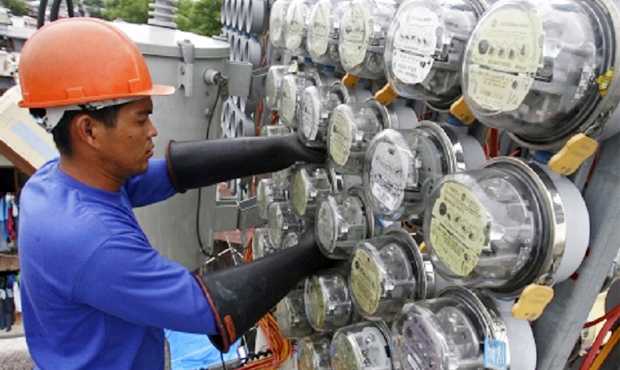The Energy Regulatory Commission (ERC) on Tuesday said that some six million “poorest of the poor” families will get subsidized electricity bills for another 30 years after the approval of the implementing rules and regulations (IRR) of the law extending and enhancing the implementation of the lifeline rate.
RA 11552 or “An Act Extending and Enhancing the implementation of the Lifeline Rate, Amending for the Purpose Section 73 of Republic Act. No. 9136 (Electric Power Industry Reform Act of 2021).” or the EPIRA Law.
According to ERC, it jointly signed with the Department of Energy (DOE) and the Department of Social Welfare and Development (DSWD) the IRR of Republic Act No. 11552 last October 28, 2022. The measure will extend the 20-year-coverage subsidy provision to marginalized electricity consumers up to 50 years. Meaning, marginalized sector using electricity will continue to avail the government subsidies in their electricity bill for an additional 30 years.
Based on ERC records, the lifeline program provided an average monthly subsidy of P541 million to around six million marginalized electricity consumers as of the first half of the year.
The EPIRA Law defines the lifeline rate as the subsidized rate given to marginalized or low-income end-users who cannot afford to pay at full cost. The law also defines the “marginalized end-users” as low-income, captive, household electricity consumers who have levels of electricity consumption below a threshold level to be determined by the energy commission. .
But the commission said the actual discounts will vary. “The discount will depend on the lifeline program’s distribution utility (DU) computation approved by the regulatory body” it said.
Energy Secretary Raphael Lotilla said that the lifeline rate program in the Philippines is one of the best-designed lifeline rate programs in the world; ours is better targeted.
Moreover, the ERC said the priority among the end-users of the extended subsidy timeframe were qualified household beneficiaries under the “Pantawid Pamilyang Pilipino Program” (4Ps) Act, the master list of which is with the DSWD.
The 4Ps is aimed at national poverty reduction through the provision of cash transfer to extremely poor households to improve health, nutrition, and education.
ERC chairman and CEO Monalisa Dimalanta said the ERC would provide the criteria for qualifications of a marginalized end-user while the DSWD will provide the list of qualified household beneficiaries to ensure a uniform and objective procedure for identifying potential beneficiaries
